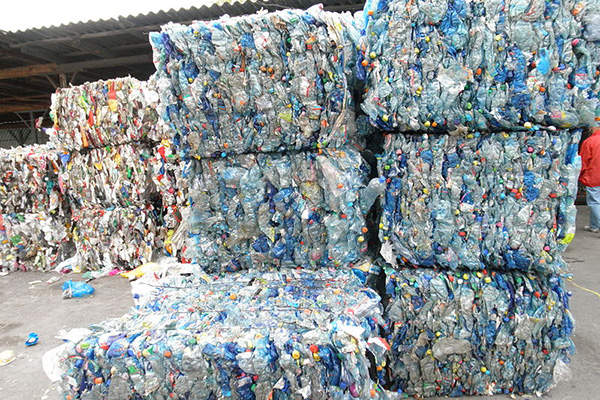Consultancy McKinsey has suggested that there will remain a premium for recycled plastics until 2030, and potentially beyond this date.
In an article on its website looking at the outlook for green-premium materials including metals and plastics, McKinsey said that in the past decade high-quality recycled plastics reached an average premium of up to 60% over virgin plastics, depending on the product.
It expects this premium for recycled plastics to last until at least 2030 because of rapidly growing demand for recycled content, but limitations will continue in proper collections and sorting infrastructure.
However, these premiums will be dependent on the grade and some low-quality plastics will not achieve these same additional value over virgin materials.
Although the amount of plastics recycled globally is only around 20 million tonnes, McKinsey expects this to increase to 100 million tonnes by 2030. But demand will continue to outstrip supply it said.
The report said: “In high-quality recycled plastics, supply could grow from around 5 million tonnes to around 20 to 30 million tonnes by 2030.
“This increased supply still lags significantly behind demand from applications such as packaging, consumer electronics, and automotive, which is expected to grow from 11 million tonnes in 2020 to 66 million tonmes in 2030.
“The supply–demand imbalance for high-quality recycled plastics is thus expected to reach more than 35 to 45 million tonnes by 2030, leading to the potential for high premiums. These high premiums are already observed for several plastics categories.
“For instance, from 2010 to 2022, there have been premiums of more than 60 for natural recycled high-density polythene (rHDPE) and premiums of more than 10% for high-intrinsic-viscosity recycled polyethylene terephthalate (high IV rPET). These premiums will likely remain high until 2030 and beyond.
“Plastics recycling is top of mind for fast-moving consumer goods (FMCG) companies and, increasingly, for OEMs of durable products, making them more willing to pay for recycled products. Consequently, the race for recycled materials and biomaterials is in full swing through acquisitions and partnerships, with access to feedstock a top priority, since many plastics players have already announced plans to further expand recycling capacity.
“Moreover, because the imperative for sustainable products is primarily driven by consumers, producers are expected to continue to react to high green premiums with additional supply beyond what is currently captured in our scenarios.”
McKinsey expects supply of low-quality recycled plastics to increase from 21 million tonnes in 2020 to 39 million tonnes by 2030. However, demand is expected to grow from 10 million tonnes in 2020 to 26 million tonnes in 2030.







